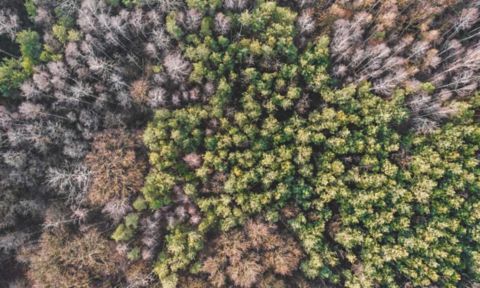Enhancing home thermal efficiency
Opportunity Assessment Enhancing home thermal efficiency” was prepared for and published by RACE for 2030 CRC, a 10-year cooperative research centre funding research towards a reliable, affordable, and clean energy future.
Fostering a just transition in Europe: BOLSTER
Bridging Organisations and Marginalised Communities for Local Sustainability Transitions in Europe (BOLSTER) will deliver new scientific evidence on decarbonization transition strategies and how they intersect with various dimensions of inequality, such as gender, race, age and class
Climate and cultural based design and market valuable technology solutions for Plus Energy Houses
CULTURAL-E aims to define modular and replicable solutions for Plus Energy Houses (PEHs), accounting for climate and cultural differences, while engaging all key players involved in the building life cycle; to create comfortable, efficient, and affordable indoor environments.
Transformation of reclaimed waste into engineered materials and solutions (TREMS)
TREMS is an interdisciplinary research project led by RMIT’s College of Engineering. It brings together researchers from across universities and stakeholders who investigate possibilities of decarbonising the built environment through circular economy, waste management and recycling.











